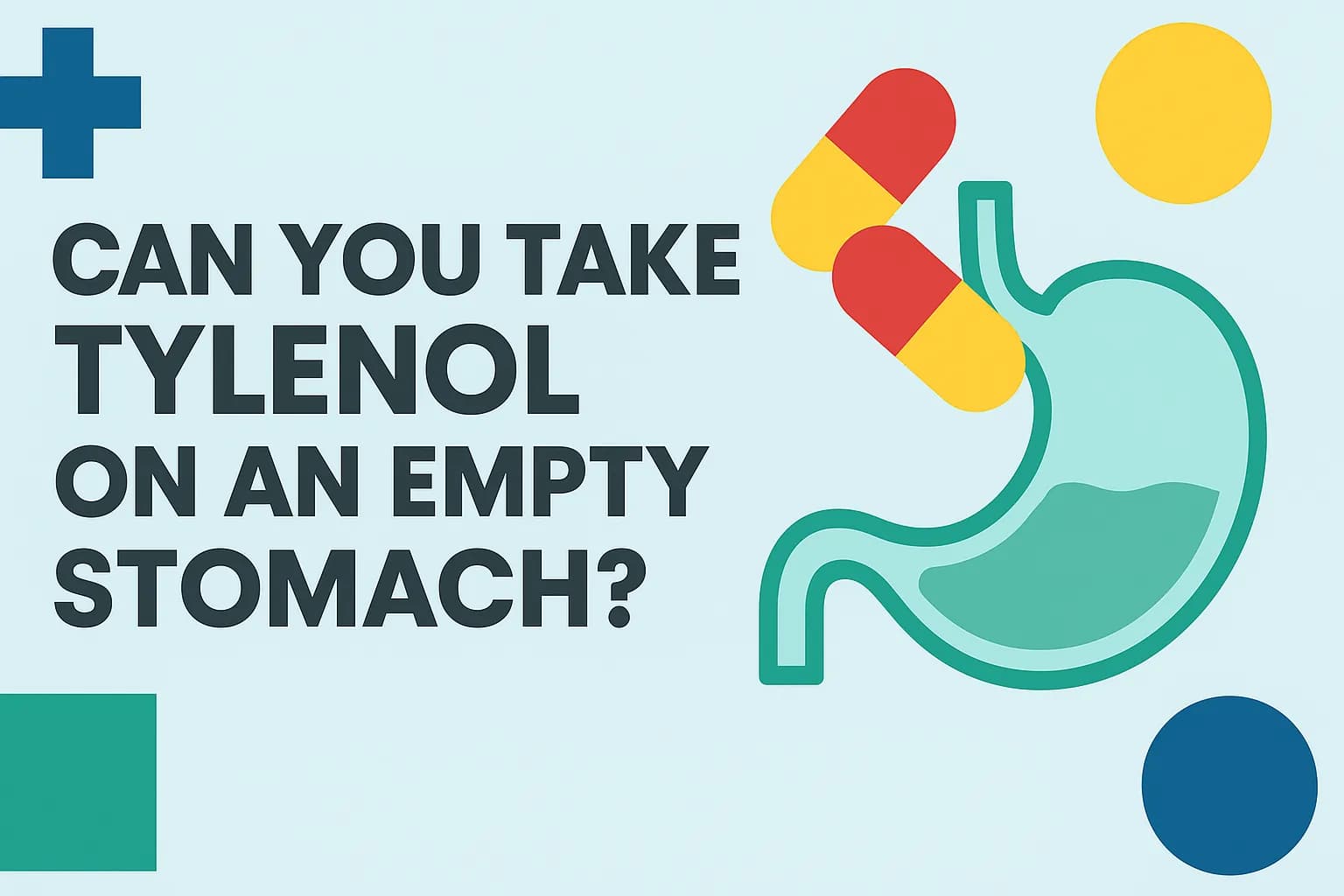Can you take Tylenol while pregnant?

Tylenol (acetaminophen) is one of the few pain relievers generally considered safe in pregnancy, including the first trimester. It is preferred over nonsteroidal anti-inflammatory drugs (NSAIDs) such as ibuprofen, which carry risks of low amniotic fluid and fetal development problems.
Some lawsuits allege that prenatal acetaminophen use may cause autism spectrum disorder and attention deficit hyperactivity disorder in children. However, a recent JAMA study found no increased risk of these conditions with acetaminophen exposure, and national guidelines from the Society for Maternal-Fetal Medicine and the American College of Obstetricians and Gynecologists continue to endorse its safety in pregnancy.
If you have concerns about taking acetaminophen while pregnant, talk with your healthcare provider.
What is Tylenol used for?
Tylenol is an over-the-counter pain reliever and fever reducer. It is commonly used for:
- Headaches and backaches
- Minor arthritis pain
- Toothaches and muscle aches
- Premenstrual and menstrual cramps
- Temporary reduction of fever
How does Tylenol work?
The exact mechanism is not fully understood. It is believed to alter pain perception in the brain and reduce fever by acting on the body’s heat‑regulating center.
Possible side effects
Side effects are uncommon. Some people may experience nausea or headache. Serious side effects requiring immediate medical attention include:
- Allergic reaction: rash, hives, swelling of face, tongue, or lips, trouble breathing
- Liver damage: signs include dark urine, fatigue, upset stomach, stomach pain, yellowing of skin or eyes
Excessive acetaminophen can lead to life‑threatening liver failure. Adults should not exceed 4,000 mg per day; a lower limit may be advised for those with liver risk factors. Pediatric dosing should be determined by a healthcare provider.
Avoid or limit alcohol while taking Tylenol to reduce liver risk.
Drug interactions
Tylenol may interact with:
Shop Medications
- Warfarin (increased bleeding risk)
- Alcohol (increased liver risk)
- Other acetaminophen-containing products (risk of overdose)
When not to take Tylenol
Do not take Tylenol if you are allergic to acetaminophen or any inactive ingredients, or if you have severe liver disease.
What to tell your healthcare provider
Before taking Tylenol, inform your provider if you:
- Have liver disease
- Drink three or more alcoholic beverages daily
- Have phenylketonuria (some products contain aspartame)
- Are pregnant or planning pregnancy
- Are breastfeeding or plan to breastfeed
Can you take Tylenol PM during pregnancy?
Tylenol PM combines acetaminophen with diphenhydramine. Both are considered safe for short‑term, occasional use in pregnancy. Long‑term use is not recommended. Talk with your OB/GYN if you have ongoing sleep issues.
How much Tylenol is safe during pregnancy?
Do not exceed the maximum daily dose listed on the packaging or given by your provider. Typical dosing limits are:
- Regular strength (325 mg each): up to 10 tablets in 24 hours (3,250 mg total)
- Extra strength (500 mg each): 2 tablets every 4 hours, up to 4,000 mg total per day
Exceeding recommended doses increases the risk of overdose and liver damage. Always consult your healthcare provider for personalized dosing advice in pregnancy.
Related Medications
- Tylenol Extra Strength (acetaminophen)
- Tylenol Arthritis (acetaminophen)
- Aleve (naproxen sodium)
- Advil or Motrin (ibuprofen)
Sources
- Acetaminophen. StatPearls Publishing. Accessed Aug. 21, 2024.
- Acetaminophen (OTC). Medscape. Accessed Aug. 21, 2024.
- What is Acetaminophen? Johnson & Johnson Consumer Inc. Accessed Aug. 21, 2024.
- ACOG response to consensus statement on paracetamol use during pregnancy. The American College of Obstetricians and Gynecologists. Accessed Aug. 21, 2024.
- Ahlqvist VH, Sjöqvist H, Dalman C, et al. Acetaminophen use during pregnancy and children’s risk of autism, ADHD, and intellectual disability. JAMA. 2024;331(14):1205–1214.
- Feldkamp ML, et al. Acetaminophen use in pregnancy and risk of birth defects: Findings from the National Birth Defects Prevention Study. Obstet Gynecol. 2010;115(1):109–115.








